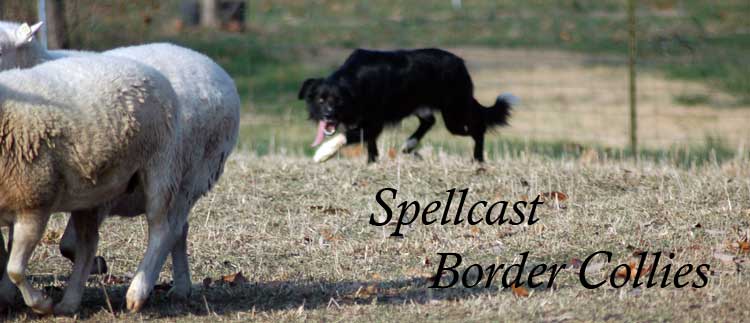"Chronic disease" is a term to define deep-seated disease. Arthritis is a good example of chronic disease. "Acute disease" is the opposite, it is disease that comes on quick and (usually) leaves quickly. The common cold is a good example of acute disease.
In dogs, parvo is an example of acute disease; an example of chronic disease is irritable bowel disease. Interestingly, both diseases share common symptoms. It is the belief of those of us who practice natural rearing that vaccination, especially over-vaccination leads to chronic disease. The dog may not get parvo because he was vaccinated for it, but if he continues to receive parvo vaccinations, even though, once he is an adult, there is little risk of him contracting parvo, does that lead to chronic disease?
Who knows for sure. Continuing to vaccinate a dog after puppy shots coupled with feeding food that is not appropriate for the species (kibble) is likely a contributing factor to much of the chronic disease dogs suffer with. Here is a thought provoking article written by Richard Pitcairn, a homeopathic veterinarian.
I mentioned a few days ago Gel and Fern's eating habits. Yes, their lack of appetite is one symptom of chronic disease, they should eat when offered food, if the food is offered at reasonable times. I was leaving food out too often. I should know better. No carnivore has food available to it 24/7. Not that I was leaving food out that often, but it was out far too long. So, Miss Fern (and to some extent Gel) were grazing. That is not a healthy way for them to eat.
Yesterday morning I put Fern in her crate and offered her food. She didn't eat it. In fact, she took one of the turkey gizzards and tried to bury it under the rug in her crate. I took it away. Gel didn't eat so his food got put away as well. Last night I put their food in the oven for a few minutes to warm it slightly. I put their bowls outside and both dogs cleaned their bowls.
This morning I did the same thing (warmed the cats' food too) and Fern ate like she hadn't eaten in days. That's how she should eat! I usually don't feed Gel twice a day, but he cleaned up what venison the cats didn't eat. The cats eat better when their food is warmed.
There was a time (and I recommend it in my book, Raising Cats Naturally) that I put the cats' food in plastic bags and warmed it in a warm water bath. Given that we are in a drought, I don't like to unnecessarily run water plus I don't like using that much plastic so I haven't been warming their food. Spooning their food out on paper plates and putting it in a warm oven for five or ten minutes seems to work pretty well though.
So, even though lack of appetite is a symptom of chronic disease, in this instance, I was likely fueling it to some extent. I am not sure how to analyze the flip side of this symptom: a dog that has an excessively strong desire for food. Pyro is like that. She's with me this weekend and I'm sure she thinks she died and went to heaven because she's getting raw meat. I'm working on Wally on the kibble issue. Not sure if I will be successful or not. I'm waiting for something to happen to one of his dogs so I can say, if you were feeding meat you wouldn't have that problem. I've said this before, but next to Fern and even Monty (who is a good-sized puppy) Pyro is extremely clunky-looking. I think puppies on kibble grow too quickly and Pyro is a perfect example of this. The last time I saw her, I suggested to Wally that he cut back on her food as she was looking too fat. Kessie, on the other hand, looks like she's being slowly starved to death, which I suppose she is, but not because she's not getting enough food. She simply isn't getting what she needs from kibble.
So, can symptoms of chronic disease be created by environment if the susceptibility is there, I believe so. Did I instinctively pick the healthiest puppy or does she seem healthier than the rest of the litter because I am consciously not contributing to her susceptibility to chronic disease? Maybe.
Puppy Blog
On August 7, 2007 a litter of Border Collies was born at Spellcast Border Collies. This Blog is a chronical of their upbringing and my life with Border Collies.
"To overcome difficulties is to experience the full delight of existence."
-- Arthur Schopenhauer
